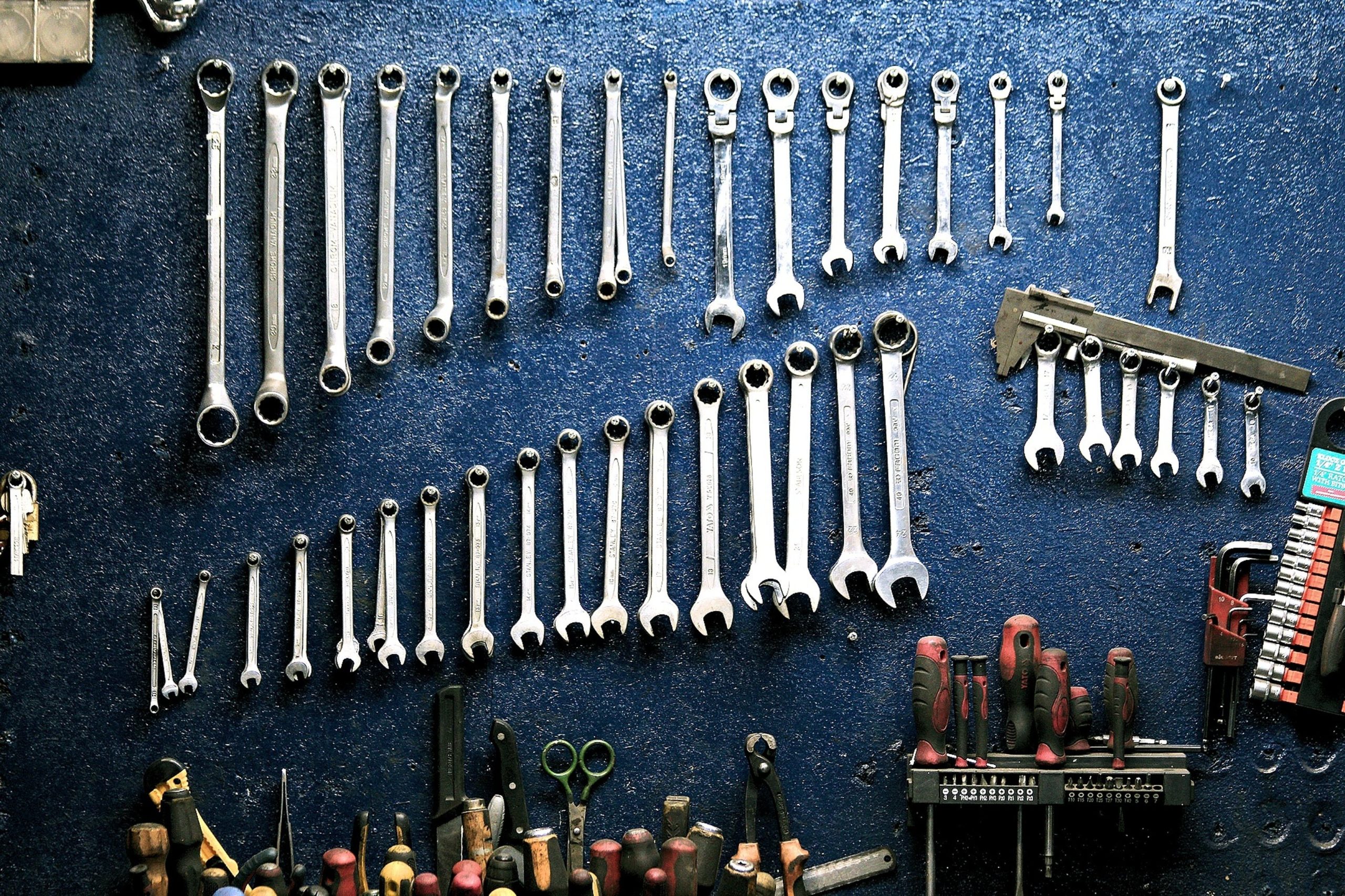If you tell any old repair shop your vehicle needs a tune-up, the mechanic should ask what you feel the signs are that you need maintenance before recommending any service. Just like a doctor should ask what symptoms you’re experiencing, a mechanic should seek to diagnose the problem. And just as a doctor may recommend some tests, a mechanic may do the same. If you’re in Medford, Oregon; stop by Keith Schulz Garage to have our expert mechanics diagnose what’s really going on under the hood.
You can speed the tune-up process by being ready to describe what happens and when (such as whether your car hesitates when the engine is cold or when passing at highway speeds), any sounds you hear and what you feel when your car’s “illness” shows up.
One caution about lower fuel economy: You should expect it to go down at least a little during the cold months, and maybe a lot. Colder temperatures make your engine and charging system work harder. In addition, winter gasoline blends have slightly less energy content than summer blends, so they don’t deliver as many miles per gallon. A tune-up won’t make Old Man Winter, or his effects, go away.
What are the signs and symptoms that might make you think your vehicle needs a tune-up?
A misfiring engine (when spark plugs ignite at the wrong time) could be caused by worn or fouled spark plugs. Bad spark plugs can also cause low fuel economy, hard starting and sluggish acceleration. Most plugs, though, should last 100,000 miles or more, and engine computers do a remarkable job of compensating for worn plugs, so that might not be the main or only culprit.
A dirty or clogged engine air filter is more likely to reduce acceleration than fuel economy, according to tests conducted by the EPA. Because filters get dirty gradually over time, you might not notice a small but steady loss of performance until your car is accelerating like a turtle. But if you haven’t changed the filter in a couple of years (or sooner in areas that have a lot of soot in the air), that could be part of the problem.
Engine deposits caused by low-quality or contaminated gasoline create drivability problems, and the cure for that might be a fuel system cleaning that can be administered by our expert technicians at Keith Schulz Garage.
An illuminated check engine light signals when something is amiss in the emissions control system, but depending on what the issue is it could also affect fuel economy or engine performance, so don’t ignore it. A faulty oxygen sensor, for example, leaves the engine computer in the dark about how to set the air-fuel mixture, and that can result in poor fuel economy.
An old oxygen sensor (say, 90,000 miles or more) may still work well enough that it doesn’t trigger the check engine light but could still hurt fuel economy. Engine performance can also be reduced by more serious internal problems, such as valves that don’t seat properly or worn piston rings, or by restrictions in the exhaust system.
Because the same symptoms can suggest different problems, and there are often several possible causes and cures, it’s better to consult a professional mechanic than to try to be one if you have neither the experience nor the right equipment to diagnose drivability problems. In short, rather than ask for a tune-up, tell a mechanic what you’re experiencing and ask him or her to find the cause.

